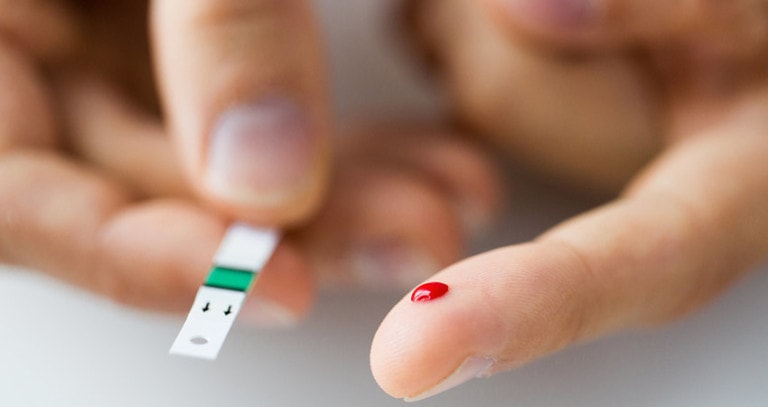Many people know how diabetes affects the body’s ability to make or use insulin, but diabetes can also affect your eyes very dramatically.
Sugar in the blood, also known as blood glucose, is an important source of energy for cells. Having too much glucose in the blood, though, can damage small blood vessels that deliver oxygen-rich blood and remove harmful toxins. Damage to the small blood vessels in the eyes can cause a number of eye problems.
While the damage to blood vessels causes only minor eye disorders in most people with diabetes, some may experience serious vision problems. In fact, people with diabetes have a higher risk of blindness than those without the disease, according to the American Diabetes Association.
Eye Conditions Associated with Diabetes
There are a number of eye conditions associated with diabetes, known collectively as diabetic eye disease. These diseases include:
- Diabetic retinopathy
- Diabetic macular edema
- Cataracts
- Glaucoma
Diabetic Retinopathy
Only people with diabetes develop diabetic retinopathy and diabetic macular edema. Diabetic retinopathy affects the blood vessels in the light-sensitive tissue lining the back of the eye, known as the retina. Chronically high blood sugar damages the blood vessels in the retina, which causes the blood vessels to leak fluid or blood, distorting your vision.
In the most advanced stage of this disease, new blood vessels appear on the surface of your retina, which can cause scarring and the loss of cells in retinal tissue. Diabetic retinopathy is the most common cause of vision loss among people with diabetes. The risk for diabetic retinopathy increases the longer you have diabetes.
Diabetic Macular Edema
Diabetic macular edema (DME) is a consequence of diabetic retinopathy. DME occurs when the part of the retina responsible for sharp central vision, known as the macula, swells. Among other things, you rely on your macula to read, recognize faces, and drive. About half of all people with diabetic retinopathy will develop DME.
Blood vessel damage associated with diabetes can also increase the risk for other problems that may affect people without diabetes. Adults with diabetes are two to five times more likely to develop a cataract, for example, and diabetes nearly doubles the risk of glaucoma. A cataract is the clouding of the lens of the eye, while glaucoma damages the optic nerve that connects your eye to your brain.
Symptoms and Treatment for Diabetic Eye Disease
Most diabetic eye diseases present few symptoms in their early stages. Some people may experience “floating” spots, caused by bleeding from abnormal blood vessels in the retina, but these spots often clear on their own.
One of the best ways to determine if diabetes is affecting your vision is to visit your eye doctor. An eye care professional can evaluate the health of your eyes and provide treatment, which may include eye drops, injections or surgery.
If you have diabetes and are concerned about your eye health, request an appointment with Florida Eye Specialists. We have six convenient locations around Jacksonville to serve you, including Mandarin, Northside, Ponte Vedra, Riverside, San Marco and Southside. Book your appointment today by calling 904-564-2020.

